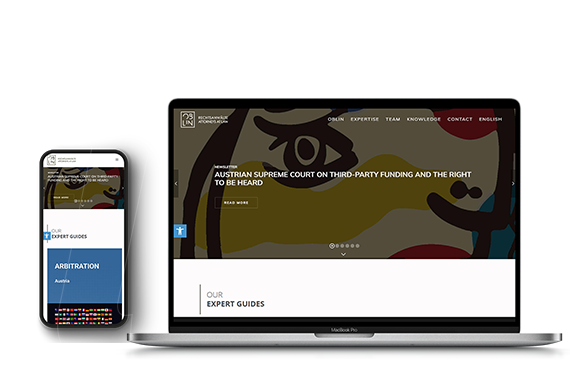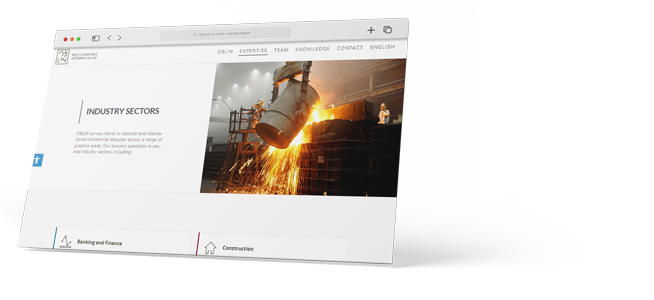
Paid campaigns on search engines, to promote law firms. Strategic management ensures optimal visibility and effective client acquisition.

Search Engine Advertising in legal marketing involves paid strategies to promote a law firm’s services on search engines like Google. Law firms bid on keywords relevant to their practice areas, creating ads that appear prominently in search results. This targeted approach ensures visibility to users actively seeking legal services, potentially increasing client acquisition. Ad effectiveness is monitored through metrics like click-through rates and conversion rates. Strategic management of ad campaigns is essential for optimal results in legal search engine advertising.


Keyword Research:
Campaign Setup:
Ad Group Creation:
Ad Copywriting:
Landing Page Development:
Ad Extensions:
Budget and Bid Management:
Geotargeting:
Negative Keywords:
Ad Scheduling:
Conversion Tracking Setup:
Quality Score Monitoring:
A/B Testing:
Monitor and Analyze:
Optimization:
Competitor Analysis:
Remarketing Strategies:
Reporting:

A criminal lawyer in Berlin, Germany, with dozens of walk-in clients per day, asked SLASH to maximize their Local SEO efforts to stand out from their competition and implement a new fast-loading mobile website integrated with a CRM system to engage more efficiently and professionally with their clients.